5 common sleep problems, solved
Learn about these common issues that may occur during sleep—and what to do about them.
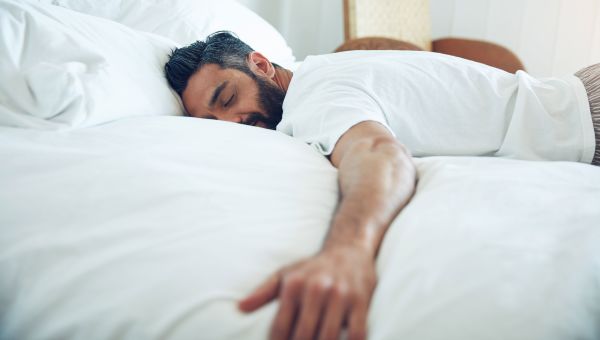
Many people who have sleep issues complain about their inability to fall asleep or stay asleep. But not all sleep issues fall into the “I can’t sleep” category. Some people with insomnia fall asleep just fine—it’s what they do while sleeping that may cause problems.
Learn more about these common sleep issues and what to do about them.
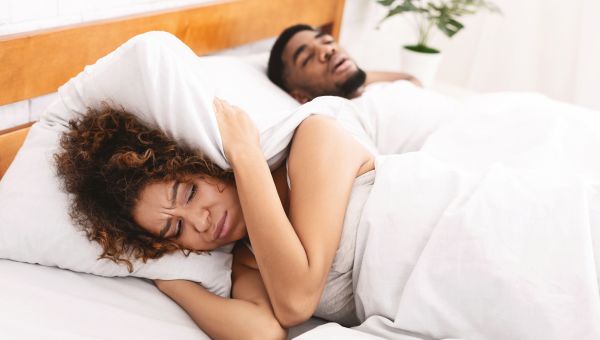
Snoring
If you are one of the 37 million adults who snore on a regular basis, it can cause problems for your mate and be embarrassing to you.
The solution: Sometimes all it takes is a nudge (okay, maybe a shove) by your sleeping partner to quiet you down. Lifestyle measures may also help: Sleep on your side instead of your back, avoid alcohol and heavy meals before bed, don’t take tranquilizers or sleeping pills, and lose weight if you are overweight. If these don’t work, see your healthcare provider to rule out a medical cause, such as sleep apnea or structural abnormalities in your nose or throat.
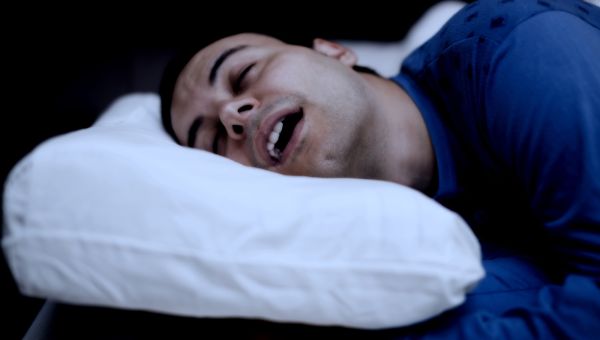
Drooling
Most people who drool in their sleep do so because they are sleeping soundly on their side with their mouth open. Drooling in your sleep is usually harmless. Still, it can be embarrassing to wake up to a wet pillow!
The solution: Sleep on your back instead of your side. You may have to rig your pillows next to you to prevent yourself from rolling over. See your healthcare provider if you have other worrisome symptoms.
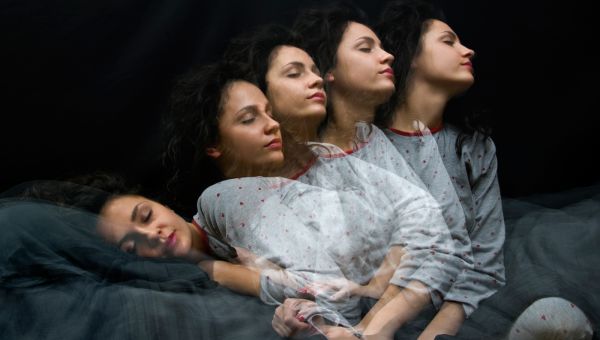
Sleep Walking
Picture this: Wandering the house in your sleep can be not only embarrassing (especially if you mistake a closet for a bathroom), but also dangerous. Some sleepwalkers actually get in their cars and drive off.
The solution: Get plenty of sleep, as sleep deprivation can trigger sleepwalking. Also, practice good sleep habits and limit alcohol before bed. Some medicines can cause sleepwalking, so review your medications with your healthcare provider or pharmacist. If sleepwalking continues to be a problem, see your healthcare provider. Medicine and hypnosis may be the next step.
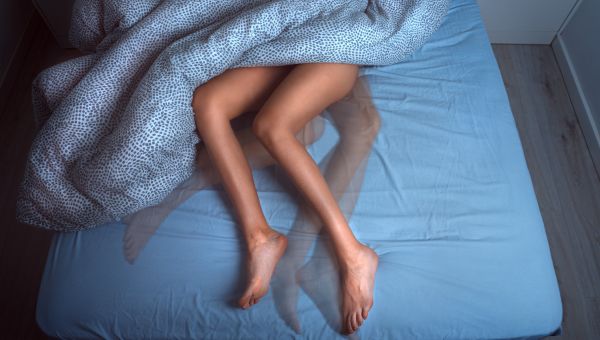
Leg Jerking
If your legs jerk or twitch at night, it could be a number of things -- from iron deficiency to varicose veins to restless legs syndrome, or RLS. RLS affects approximately 1 in 10 adults in the U.S., and more than 80% of people with RLS also have a limb movement disorder that causes unwanted leg twitching or jerking movements at night.
The solution: Adopt a healthy lifestyle, cut back on alcohol and caffeine, and keep stress to a minimum. Also, keep a diary to identify lifestyle habits and activities that affect your leg movements. If your legs continue to jerk at night, head to your healthcare provider for help.
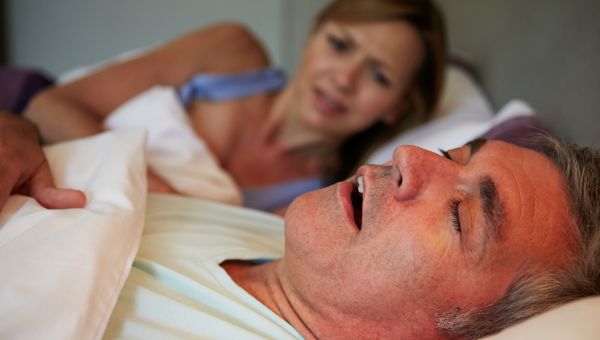
Talking in Your Sleep
If you talk in your sleep, let’s hope you are like most people who mutter gibberish for a few seconds and then roll over quietly—instead of revealing deep, dark secrets! Either way, however, there's no physical cause for concern. It's just embarrassing—and can annoy your bed partner if you talk in your sleep a lot.
The solution: Practice good sleep habits. Go to bed and wake up at the same time each day, sleep in a calming environment and don’t eat or drink too much before bed. Hopefully, these measures will put an end to your sleep talking. If they don’t, talk to your healthcare provider to rule out an underlying medical cause, such as an anxiety disorder.
More On


video

article
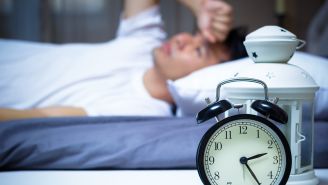
slideshow


video


video
